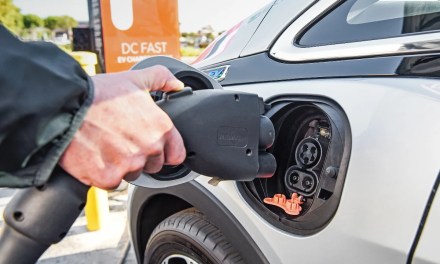The race for electric vehicle dominance has been heating up in recent years, and while many German auto brands have been eagerly touting their future EV lineups, it seems they are still struggling to catch up to the trailblazing force that is Tesla. The American EV giant has been consistently ahead of the competition, and its lead has only widened over time. As Tesla continues to expand its production capabilities and innovate in the EV space, German automakers find themselves grappling with significant challenges that hinder their progress.
One of the most significant advantages Tesla enjoys over its German rivals is its global reach. Tesla has been actively establishing its presence in various markets, and its success in delivering EVs around the world has been unparalleled. In the first half of 2023, Tesla managed to deliver nearly 900,000 EVs, an astonishing feat that dwarfs the combined delivery numbers of renowned German automotive groups such as BMW, Mercedes-Benz, Porsche, and Volkswagen.
One major issue faced by the traditional German automakers is their struggle with software integration in their electric vehicles. While they are trying to ramp up production and boost sales, Tesla, with its expertise in software development, continues to refine its vehicles’ performance and features. The American company’s ability to continuously improve its vehicles through over-the-air updates has given Tesla a competitive edge, leaving the German automakers playing catch-up.
Auto analyst Matthias Schmidt pointed out that while German automakers have been stalwarts in the industry for years, the shift towards electric vehicles is proving to be a challenging transition. As the global automotive landscape evolves, it becomes increasingly evident that the German manufacturers must accelerate their EV efforts to remain relevant in the market.
Despite the challenges faced by German automakers, it is essential to note that they are still enjoying good profits from their sales of internal combustion engine (ICE) vehicles and new models. However, the shifting consumer preferences and the push for sustainability indicate that the transition to electric vehicles is not merely an option but a necessity for long-term survival in the automotive industry.
On the other hand, Tesla’s ability to maintain its lead in the global EV race without launching a new model since 2020 is a testament to the popularity and demand for its existing lineup. The anticipation of a refreshed version of the Model 3 in the near future further solidifies Tesla’s position as an industry leader.
To stay relevant and competitive in the rapidly evolving automotive landscape, German brands must accelerate their EV initiatives and invest heavily in software development and production capabilities. The race for the future of transportation is far from over, and Tesla’s performance serves as a wake-up call for the traditional automotive giants to step up their game or risk being left in the dust of the electric revolution.






